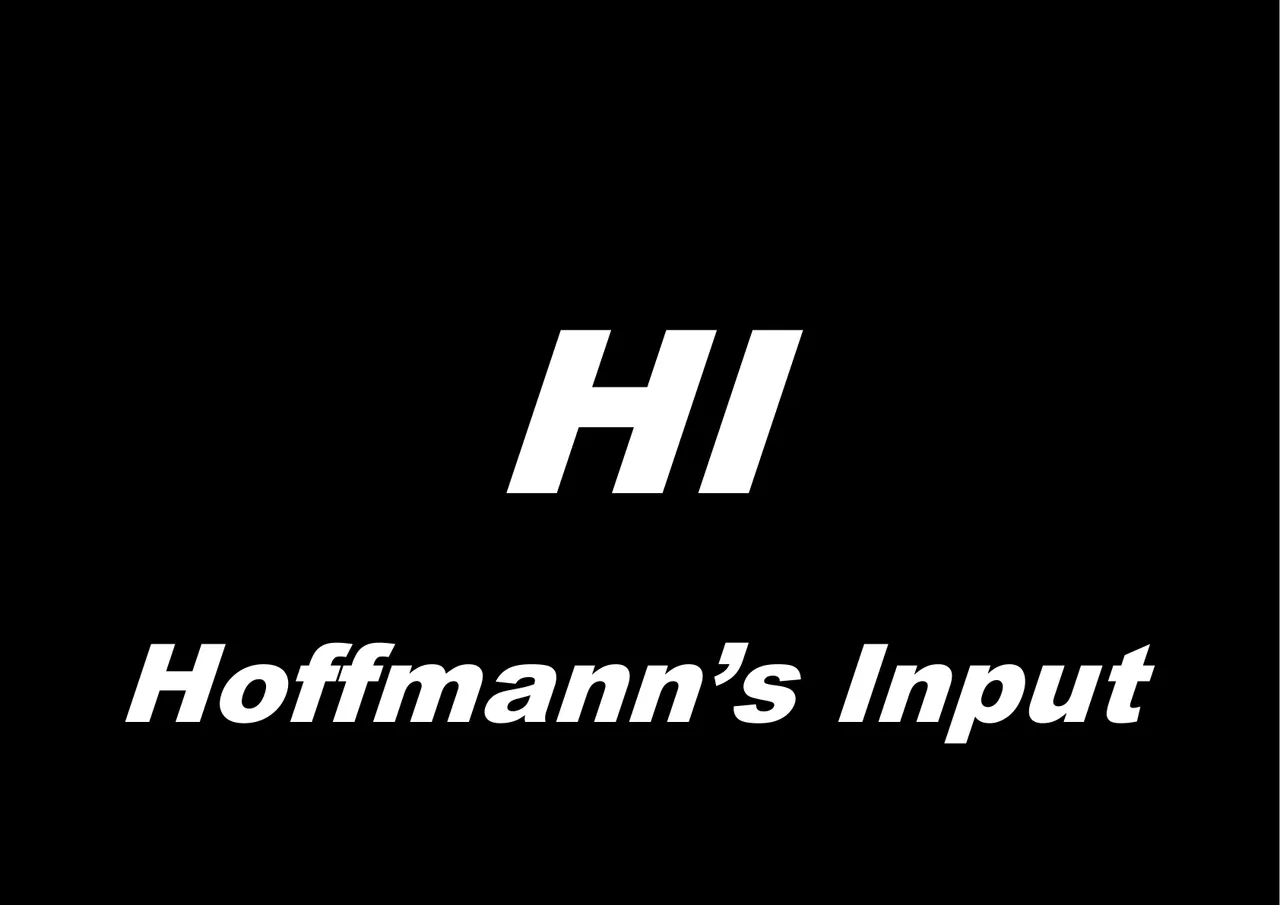
On 15th of June 2016 Direct Line with Vladimir Putin was broadcast on various Russian television channels. Direct Line is an annual television event, where the Russian citizens are able to forward their questions to the Russian president.
This year, people generally asked about various issues related to their everyday lives (e.g. wages, infrastructure projects, social issues etc.). However, the statements regarding sanctions were the ones, which caught my attention.
Sanctions and their effects
The question was: “Two weeks ago, Europe extended the anti-Russia sanctions for another year. Do you think we are ready to live under these sanctions for decades?”
The president answered that the sanctions were a double-edged sword: “The US State Department believes that these sanctions have lowered our GDP by 1 percent, the Europeans give a slightly higher figure, and the UN has calculated that we lost around $50–52 billion, and that the countries that imposed the sanctions have lost $100 billion”.
There seem to be some pros: “We have reduced substantially imports and developed our own production of pork and poultry and cover practically our entire consumption needs. What’s more, we are now looking for sales markets abroad”.
But in general the sanctions as such, are a big pain in the back: “But this is not a normal situation, of course. All of these restrictions do not produce anything good, and we should work towards a global economy that functions without these restrictions”.
President vs. wanna-be monopolists
Especially, the Russian agricultural sector profited from the sanctions.
As the head of the National Vegetable Union stated: „We are growing by about 20–30 percent a year. (...) We see the measures introduced against Russia as a gift and an additional tool to support our agroindustrial sector. The retaliatory measures that were introduced have produced an effect. Vegetable production is growing at a rate unprecedented both in the Soviet Union and in recent history (...)”.
But then came the question: “(...)When, God forbid, their sanctions are called off, can we hope for your support in protecting the domestic market, as was the case with Turkish tomatoes, for which Russian vegetable growers owe you a special thanks?”
Such statements should trigger alarm bells in the heads of the Russian consumers from Kaliningrad to Vladivostok. The problem is that sanctions mean the lack of foreign competition, which triggers higher prices. This burden is then carried by consumers, who have to pay more for less.
There is also another problem. Let’s assume that sanctions are lifted and the foreign agro competitors are allowed to do business on the Russian market. The Russian agro producers will be face with falling profits and in the end some of them could ask the government for bail-outs. And who is going to pay for these bail-outs? You got it – the Russian taxpayers aka consumers.
The quoted statements also show that protectionism, no matter how tempting it looks like, may have some short –term “positive” effects but is detrimental to a market in the long run.
The Russian president seems to notice this danger by stressing the importance of competition and productivity: “What I want to say is, first, we need to promote competition on the domestic market so that it benefits consumers, including those who live in major cities. Secondly, we very much hope that you will succeed in expanding your operations and enhancing your competitiveness, and we are doing everything we can to help you succeed.If you reach the same level of quality and labour productivity as your competitors, you will always have an advantage on the domestic market due to lower logistics costs. (...) However, you should not expect any massive, direct, or, should I say, aggressive support measures from us”.
It seems that the Russian president drew the correct conclusions from the financial crisis 2008.
Links:
Transcript
http://en.kremlin.ru/events/president/transcripts/54790
Video
